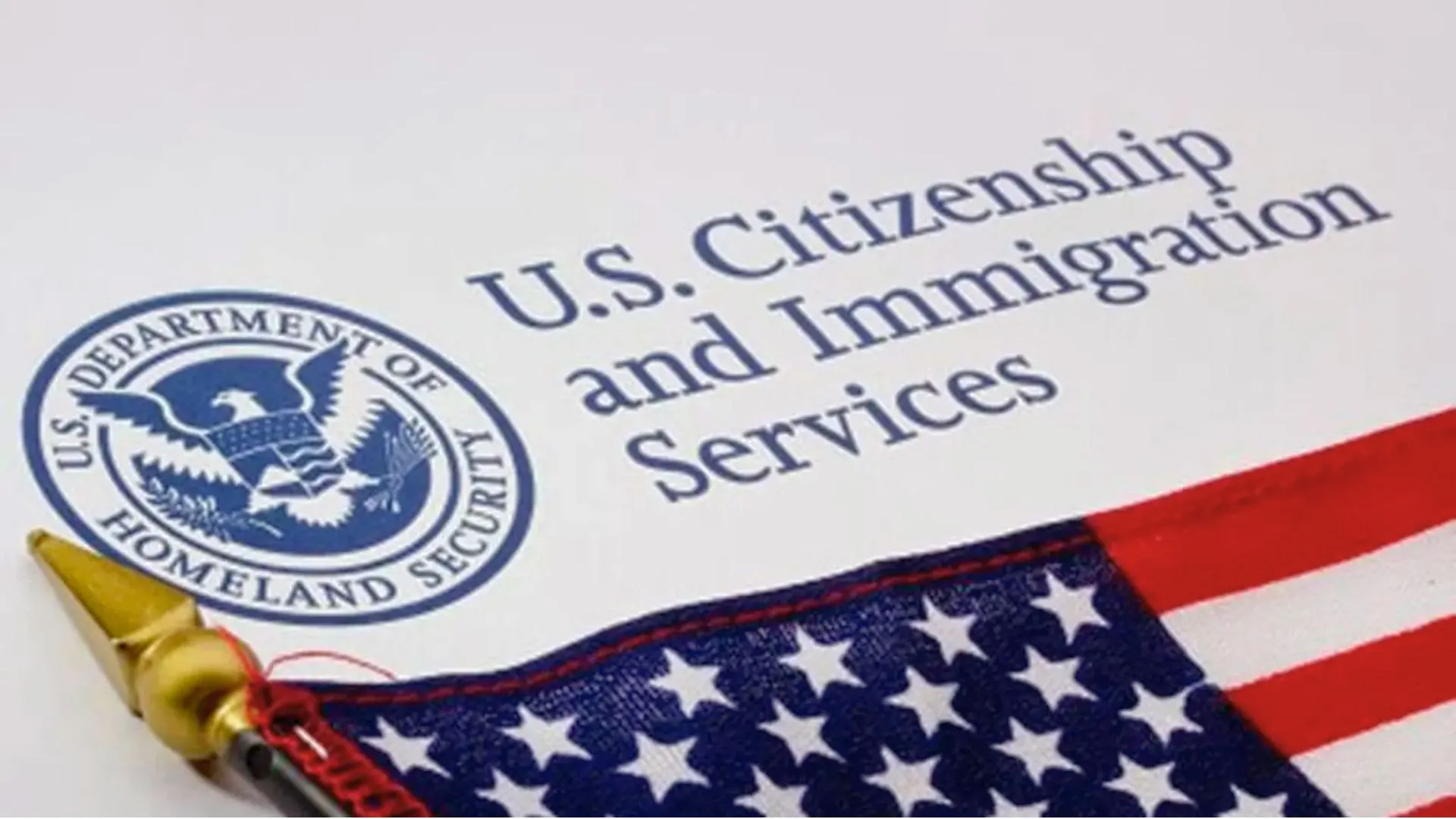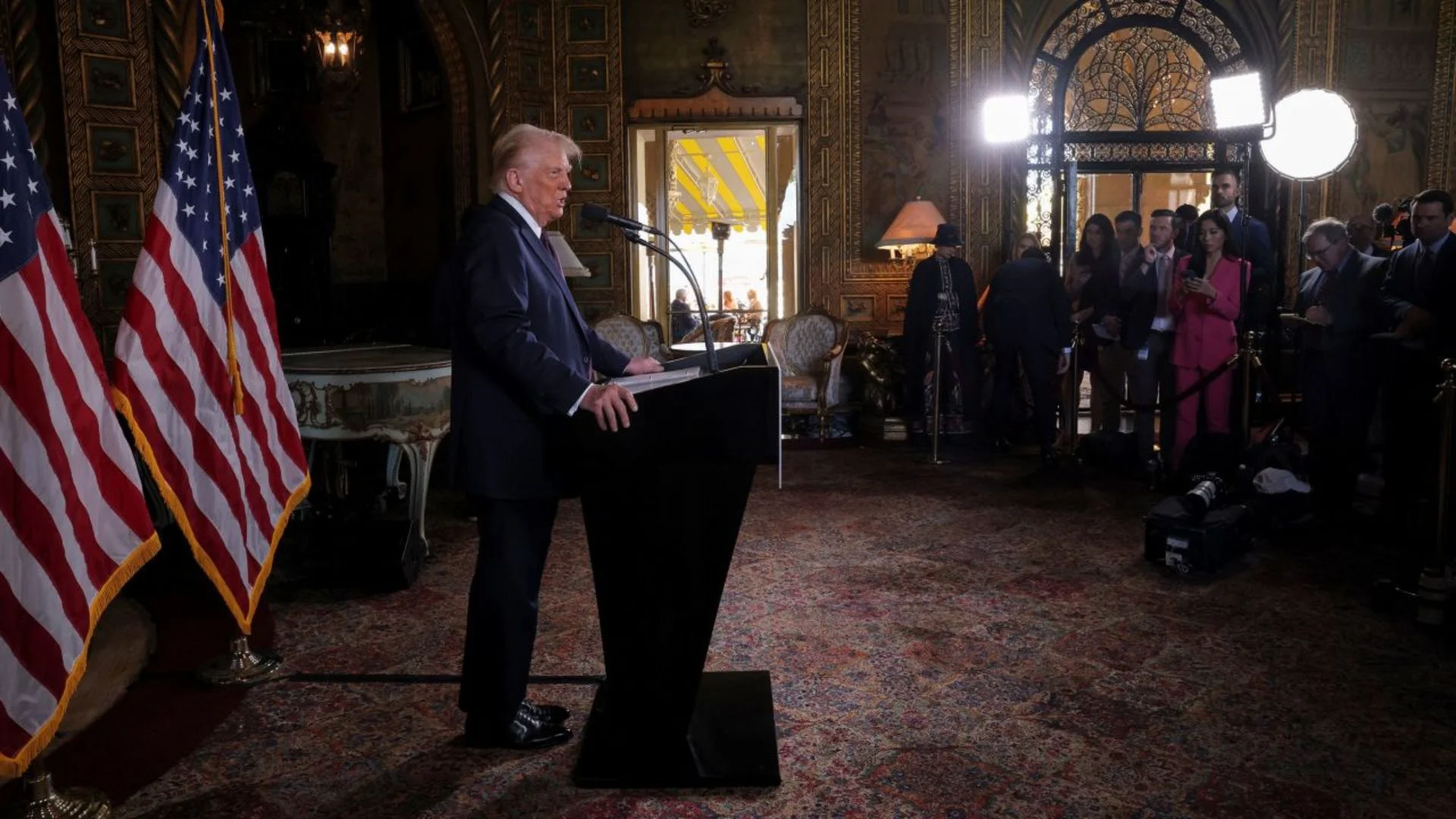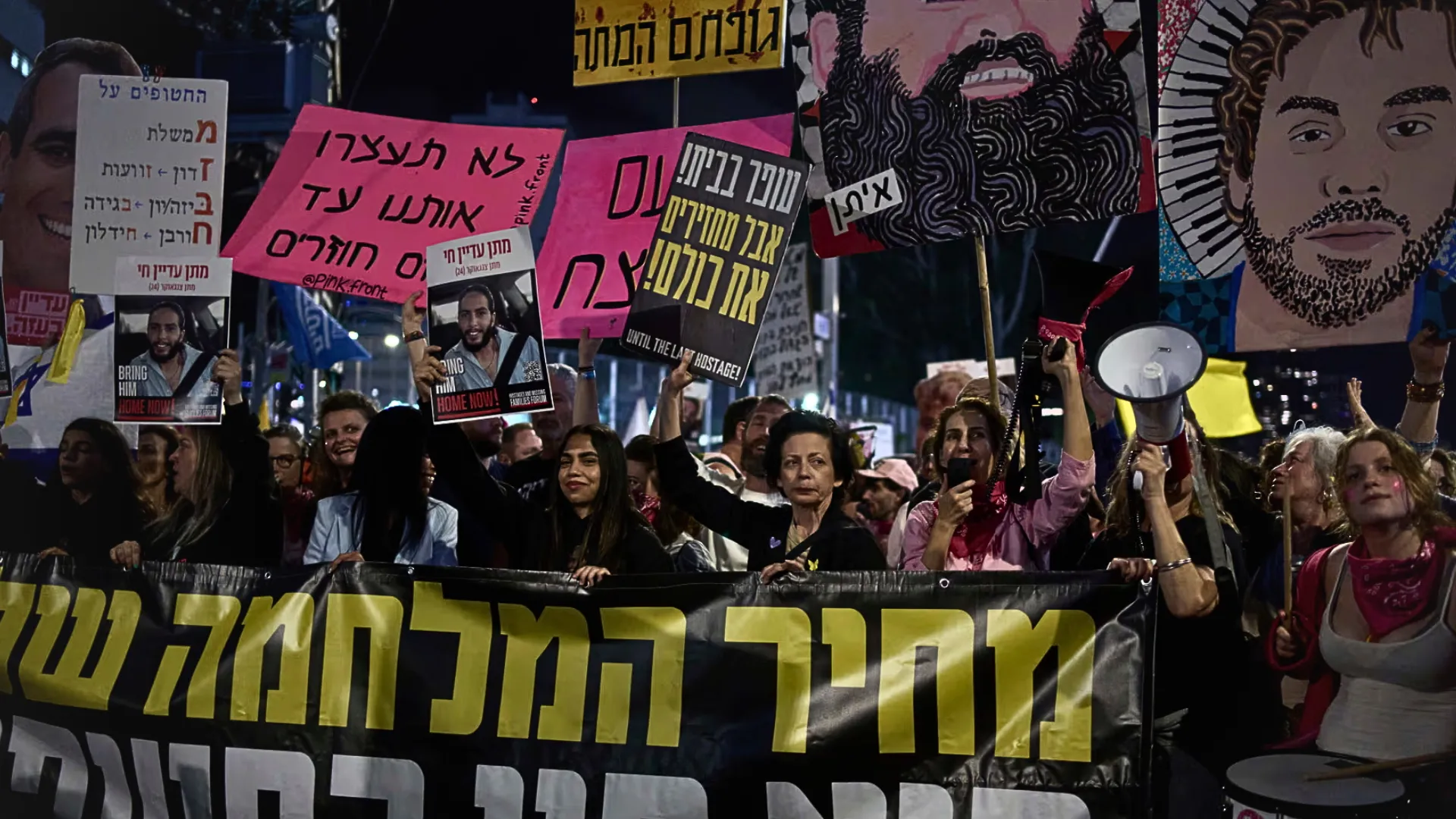The US government has tightened visa enforcement, warning foreign visitors of strict consequences for violating immigration laws. As a result, several United States embassies in Europe have issued statements, stressing that visa holders involved in unlawful activities or supporting extremist groups could face deportation. Furthermore, a recent student detention has underscored these measures.
US Embassies Warn Visa Holders
To reinforce strict immigration policies, US embassies across Europe have issued warnings. For instance, the US Embassy in Tallinn, Estonia, stated that visa holders must comply with US laws. It warned that individuals promoting terrorist organizations or vandalizing property would not have been granted entry if their intentions had been known earlier. Additionally, the embassy cautioned that those misrepresenting their purpose in the US risk expulsion.
Similarly, embassies in Germany and the UK have echoed these concerns. Specifically, Secretary of State Rubio emphasized that the US will not tolerate foreign visitors supporting terrorism. Meanwhile, the Embassy of the United States in Bulgaria clarified that visa screening is an ongoing process. As a result, those found violating laws could face visa revocation and deportation.
Officials have also highlighted that US immigration authorities are increasing surveillance of social media accounts to track potential violations. Visa holders engaging in hate speech, inciting violence, or showing support for banned organizations could be flagged for investigation. Additionally, past statements or affiliations with extremist groups could be grounds for visa rejection or revocation.
Student Detained Amid Crackdown
In line with these stricter policies, US Immigration and Customs Enforcement (ICE) recently arrested Badar Khan Suri, a postdoctoral scholar at Georgetown University. The arrest took place on March 17 in Arlington, Virginia. According to legal filings, his student visa had been revoked.
Moreover, Tricia McLaughlin, an assistant secretary at the Department of Homeland Security, stated that Suri had been spreading Hamas propaganda and promoting antisemitism on social media. Consequently, his case highlights the US government’s strict monitoring of visa holders and its zero-tolerance policy toward security threats.
This case has sparked discussions among immigration law experts, some of whom argue that foreign students and visitors must be more aware of how their online activities could impact their visa status. Legal analysts suggest that even liking or sharing certain content on social media could lead to increased scrutiny.
As visa enforcement tightens, US authorities continue to stress that foreign visitors must fully comply with immigration laws. Otherwise, those violating regulations risk losing their visas and facing deportation. Experts advise visa holders to stay informed about policy changes and avoid engaging in activities that could jeopardize their legal status in the US.






















